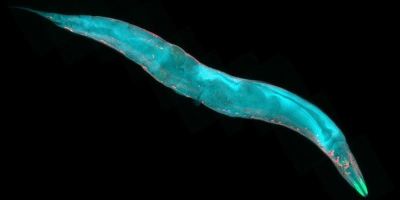University of Leeds joins EU human brain project
The University of Leeds has become a partner in the Human Brain Project (HBP), one of the biggest EU-funded initiatives to date
Research at the University will be led by Dr Marc De Kamps, from the School of Computing, who is Leeds’ Primary Investigator, and began working on the project on 1st April 2014.
Dr De Kamps and his team will work to employ novel techniques to model parts of human brain tissue in terms of neural populations, rather than individual neurons, which will allow them to make precise hypotheses about how high level cognition works.
Talking about the project, Dr De Kamps said “With our techniques and models, we will aim to make far better and direct predictions of expected results in imaging and multielectrode array experiments. We bring a new ability to freely explore in our imagination - and simulation - how the brain could work, but also to compare the results of that process to experimental data with a directness and precision that is currently lacking.”
Leeds’ involvement in the project came after a call for new partners that attracted a total of 350 eligible proposals which included 561 organisations from 36 countries. From the eligible proposals, 22 projects proposed by 32 organisations were selected for the available €8.3 million of funding.
The HBP @HumanBrainProj began in October 2013 with the aim of creating the world's largest experimental facility for ground-breaking research into the structure and functions of the human brain; the causes, diagnosis and treatment of brain diseases; and the development of new computing technologies such as low energy, brain-like computing systems. This research has the potential to improve dramatically the quality of life for millions of Europeans and to boost Europe's role in this key scientific field. The HBP budget of €1 billion is to be funded by the EU, Member States and other sources.




